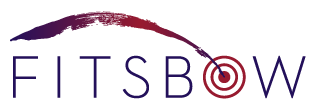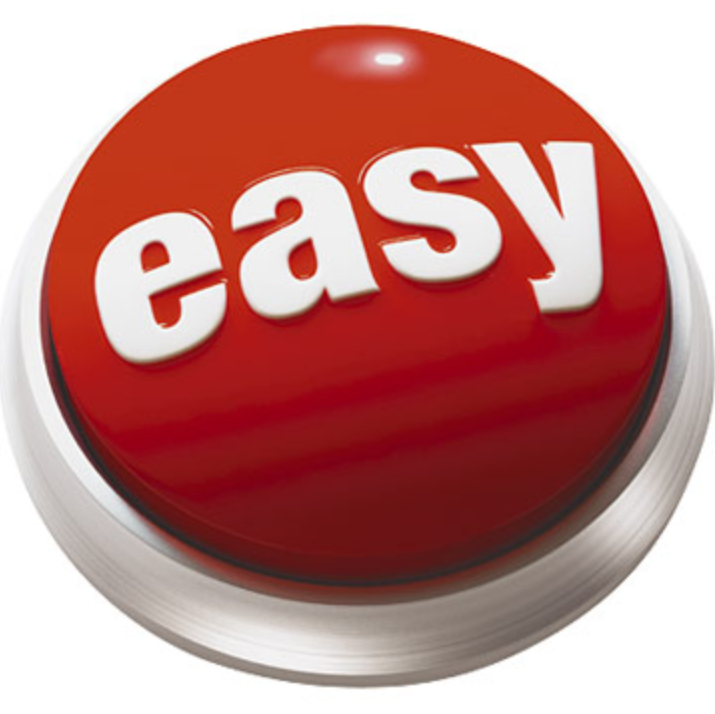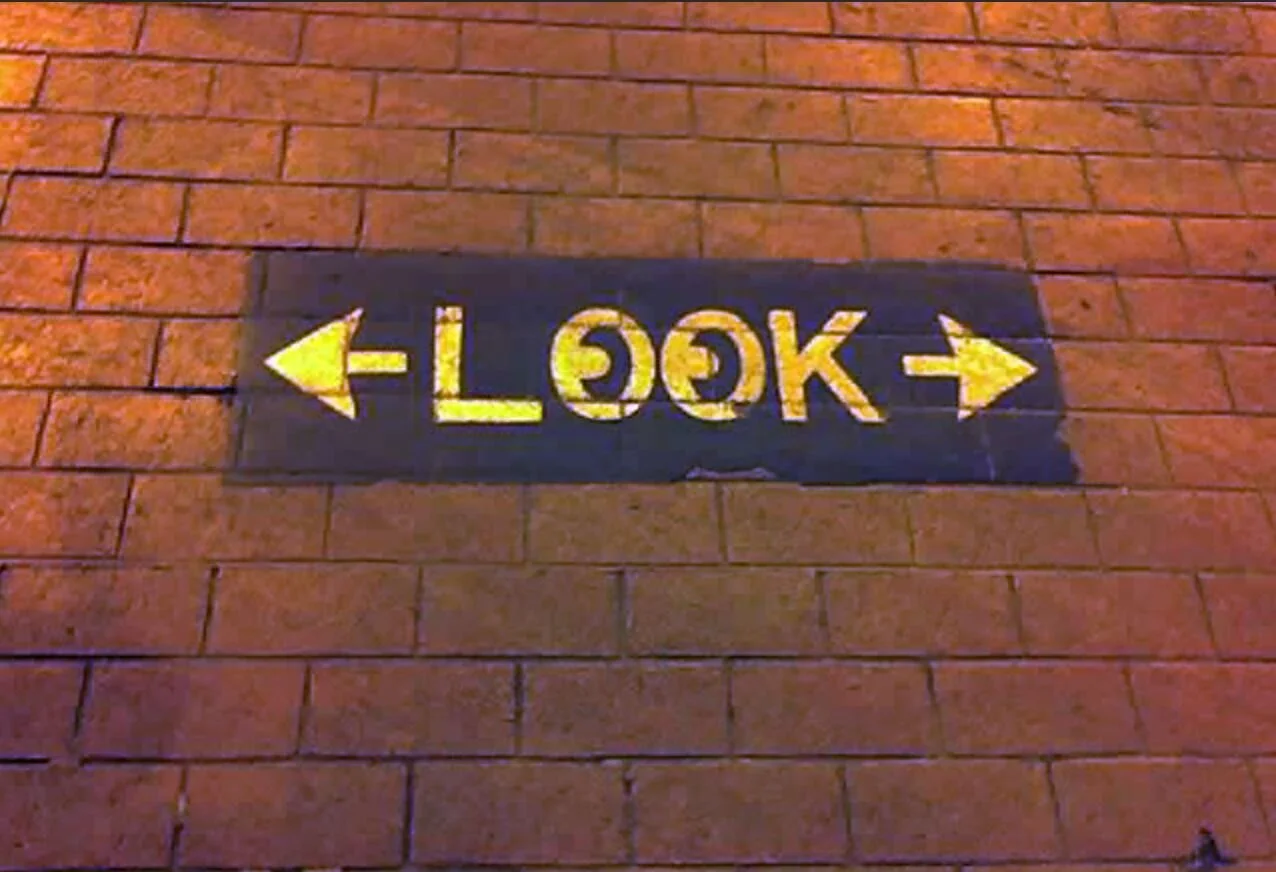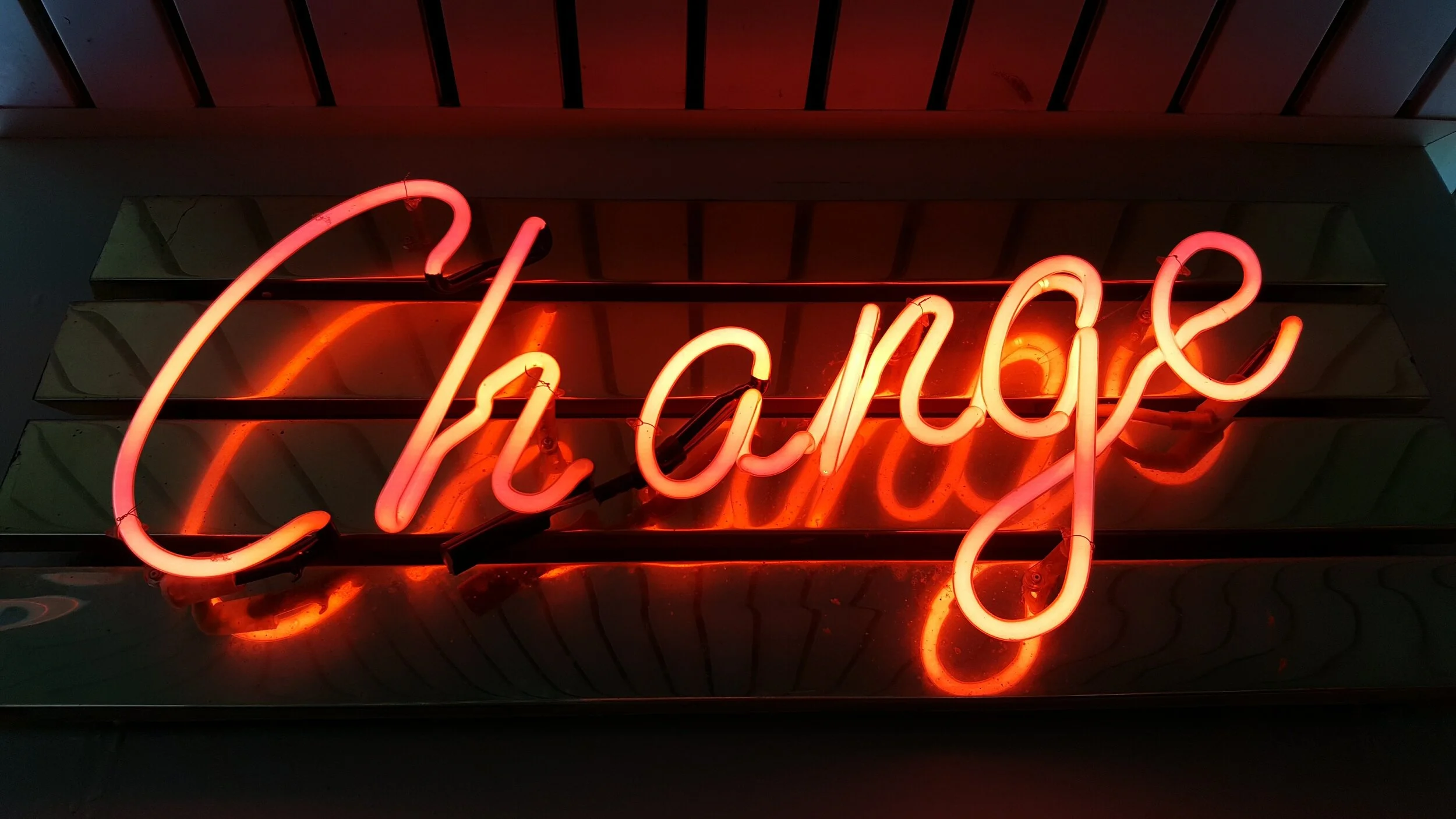Interview Preparation Phase Two--Prepare Powerful Questions
/Ask Powerful Questions—more importantly—LISTEN well for their answers
Create a Two-Way Dialogue
This is the MOST important part of your interview. Powerful questions demonstrate your preparation and enable you to uncover what your interviewer cares about most. There are all kinds of important questions to ask and I believe your beginning and closing questions are the most important for any type of interview. I call these “framing” questions.
Beginning your interview conversation with a framing question like, “What is most important for you to learn from me today?” and/or “What do you believe are the most important attributes of the candidate you will hire or the most important outcome the person in this role will create in the next year?” This orients your conversation toward the interviewer—whether it as a HR phone screen or a decision maker—you establish up front what they believe is vital to the job and how you can best connect your value to what they need. It begins your conversation in a way that orients it toward the interviewer.
From there you want to create a two-way dialogue if possible. Sometimes in structured interviews they will want to ask their questions and get your responses and if/when this is the case you need to honor their structure. In your preparation hopefully you know what type of interview to expect. When you are able to create the conversation you always want to answer their question and then segue into a related follow on question. For example, the interviewer asks about your most successful project—you answer connecting it to their context and then ask about the most important project this role will be expected to execute. The best interviews are synergistic dialogues.
The framing question at the close of an interview asks for feedback. It typically will follow the interviewer’s question to you, “what other questions do you have?” It may be something like, “what is your assessment of how my skills and background align with what you are hoping for?” You may also add before or after your closing question (if you believe it to be true), “based on our conversation I feel confident that I will do well in this role and am excited for the possibility.” This is your opportunity to check in on how you did. If you are uncomfortable with a question this direct you always want to ask about next steps in the process before you end.
Other powerful questions to consider between your framing questions could include:
- What are the biggest changes your group has experienced in the last year? What were the impacts? What changes do you anticipate in the next year?
- If I get the job, what does “exceeding expectations” on my performance review look like? What are the key outcomes you'd like to see in this role over the next year?
- How would you characterize your (or my future boss') leadership style?
- Which of your major competitors worries you most and why?
- How do other departments--sales / operations / technology / marketing / finance--work here? (I.e., groups other than the one you're interviewing for.) And how would you describe how your group works with them?
- How would you describe the professionals who are most successful here? What types of people don’t fit?
- What's one thing that's key to your company's success that somebody from outside the company wouldn't know about?
- Tell me about your background in this industry? What do you most appreciate about your industry/company?
- What are your group's best and worst working relationships with other groups in the company? What are the pain points you have to deal with day-to-day?
- What keeps you up at night? What's your biggest worry these days?
- Who are the heroes at your company? What characteristics do the people who are most celebrated have in common with each other?
- Conversely, what are the characteristics that are common to the promising people you hired, but who then flamed out and failed or left? As I'm considering whether or not I'd be successful here, how should I think about the experiences of the heroes and of the flame-outs?
- Why did you decide to hire this position instead of the many other roles / jobs you could have hired for? What about this position made you prioritize it over others?
- Tell me about your performance management/reward system. How do you acknowledge your employees?
- What do you like best about your system? What about it works well? If you could change any one thing, what would it be?
- How do you do performance reviews? How do I make the most of the performance review process to ensure that I'm doing the best I can for the company?
- What information is shared with the employees (revenues, costs, operating metrics)? Is this an "open book" management style or something different?
- How is information shared? How do I get access to the information I need to be successful in this job?
- If we are going to have a very successful year in 2015, what will that look like? What will we have done over the next 6 months to make success happen?
- How does this position contribute to those goals?
- What is the rhythm to the work here? Is there a time of year that is more intense? How about during the week / month? Is work evenly spread, or are there crunch days?
- What type of industry / functional / skills-based experience and background are you looking for in the person who will fill this position? What would the "perfect" candidate look like? (This could also be a way to ask a framing question)
- What is your (or my future boss') hiring philosophy? Is it "hire the attitude / teach the skills" or are you primarily looking to add people with domain expertise?
- What's your process and timeline for making a decision on this position?





